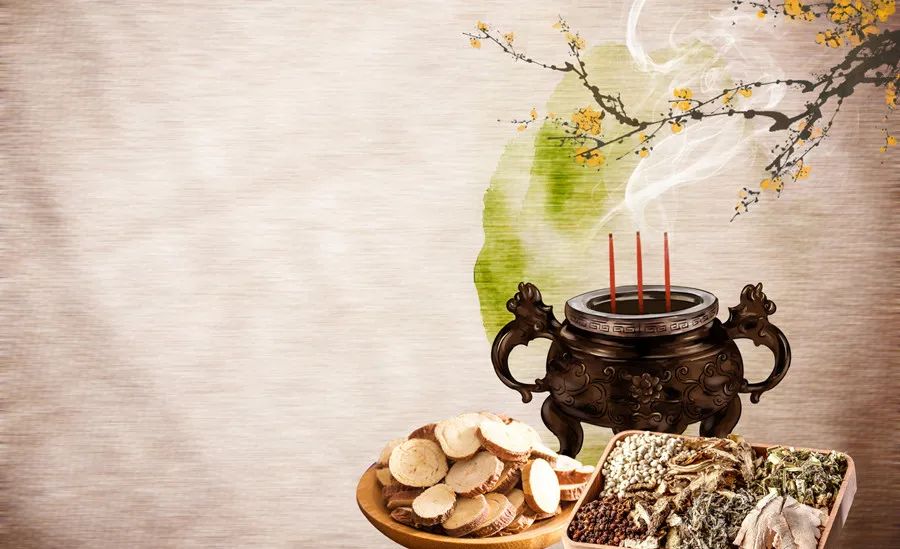
According to the “Huangdi Neijing (Yellow Emperor’s Inner Canon) – Suwen (Basic Questions) – Chapter on the Five Qi”: “The five organs transform into fluids: the heart produces sweat, the lungs produce mucus, the liver produces tears, the spleen produces saliva, and the kidneys produce spittle; these are the five fluids.“
When food enters the stomach, its refined essence transforms into fluids, which are stored in the five organs. When the five organs are filled with fluids, they can be distributed to the external orifices, resulting in sweat, mucus, tears, saliva, and spittle, which is referred to as the transformation of fluids by the five organs. The “five fluids” are components of the body’s normal water and liquid, formed by the fluids of the five organs being filled and distributed to the external orifices.
 Tears are the fluid of the liver
Tears are the fluid of the liver
Traditional Chinese Medicine (TCM) believes that tears are transformed from liver essence and liver blood, as the liver opens to the eyes, and tears flow from the eyes, hence the saying “tears are the fluid of the liver.” Tears serve to moisten and protect the eyes.
The Liver and Tears
Under normal circumstances, the secretion of tears is moistening and not overflowing; however, when foreign objects invade the eyes, tears can be secreted in large amounts to cleanse the eyes and expel foreign objects.
In pathological conditions, abnormal tear secretion can be observed. For instance, insufficient liver blood can lead to reduced tear secretion, commonly resulting in dry eyes; conditions such as wind-heat conjunctivitis and damp-heat in the liver channel can lead to increased eye discharge and tears flowing in the wind.
Additionally, in cases of extreme sorrow, tear secretion can also increase significantly.

Long-term excessive eye use and staying up late can deplete liver blood, leading to insufficient liver blood and the rise of empty fire, resulting in a series of symptoms of tear deficiency such as dry and itchy eyes.
Recommendations for Care
1. Avoid excessive eye use: Be conscious of blinking more often, and after using electronic devices for about 40 minutes, move the eyes up, down, left, and right to perform eye exercises.
2. Warm compresses before bed: This can improve blood circulation around the eyes and enhance meibomian gland secretion, alleviating dry eye symptoms.
3. Reduce the use of eye drops: Long-term use of certain eye medications may lead to dry eye syndrome.
 Sweat is the fluid of the heart
Sweat is the fluid of the heart
Sweat is the liquid that is expelled from the body through the sweat pores after the evaporation of fluids by Yang energy. The “Suwen – Theory of Yin and Yang” states: “Yang added to Yin is called sweat.”
The heart is associated with sweat, indicating that heart blood and heart essence are the source of sweat production. The “Suwen – Theory of the Generation of the Five Organs” states, “The five organs transform into fluids; the heart produces sweat.”
The Heart and Sweat
The generation and excretion of sweat are closely related to heart blood and heart spirit. The heart governs blood vessels, and blood and fluids share a common source and transform into each other; the water in the blood seeps out of the vessels to become fluids, which are the source of sweat production. When heart blood is abundant and fluids are sufficient, sweat can be generated, which nourishes the skin and expels waste from the body.
The heart also houses the spirit, and the generation and excretion of sweat are governed and regulated by the heart spirit. When the heart spirit is clear, it responds sensitively to various internal and external information, and the generation and excretion of sweat will adjust according to physiological conditions and external climate changes. Therefore, sweating can be observed during emotional tension, excitement, labor, exercise, and hot weather.
Generally, sweating is a normal physiological phenomenon that protects the body. Through sweating, the body can expel excess moisture and dispel heat, achieving a balance of Yin and Yang.
For instance, in hot weather, during intense activity, drinking hot water, or consuming spicy food, the sweat pores will open, and sweating will increase to timely release heat and protect the body. Conversely, in cold weather and during quiet nights, the sweat pores will close, and sweating will decrease to avoid damaging Yang energy.
However, it is important to note that excessive sweating can deplete heart Qi or heart Yang; profuse sweating can lead to a critical condition of Qi collapse or loss of Yang.
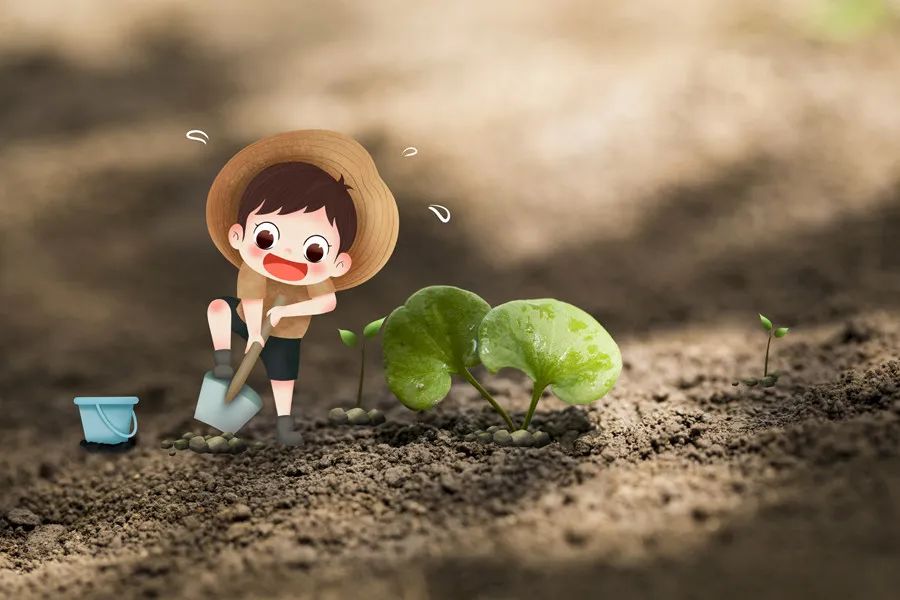
TCM holds that if one sweats frequently during the day, and it worsens with slight activity, it is called spontaneous sweating, often caused by spleen and lung Qi deficiency, commonly presenting as shortness of breath, fatigue, susceptibility to colds, pale complexion, or accompanied by chills.
If sweating occurs during sleep, stops upon waking, and even soaks the clothing and bedding, it is termed night sweating, often due to Yin deficiency. This is commonly accompanied by heat in the palms and soles, dry mouth and throat, insomnia, and flushed cheeks.
Recommendations for Care
1. Dietary care: For Qi deficiency spontaneous sweating, it is advisable to frequently consume foods that tonify Qi and stabilize the exterior, such as honey, yam, jujube, and astragalus. For Yin deficiency night sweating, it is advisable to consume foods that nourish Yin and tonify the kidneys, such as pig kidneys, duck meat, black beans, and goji berries.
2. Acupoint massage: Hegu (LI4) and Fuliu (KD7) are commonly used acupoints to stop sweating, effective for both spontaneous and night sweating.
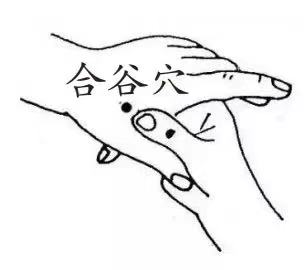
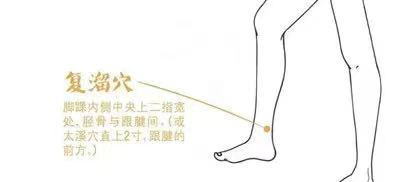
3. Herbal tea care: Use 6 red dates and 10 grams of astragalus, add an appropriate amount of water, and then decoct to make a tea, which can tonify Qi and stabilize the exterior, suitable for Qi deficiency spontaneous sweating.
 Spittle is the fluid of the kidneys, and saliva is the fluid of the spleen
Spittle is the fluid of the kidneys, and saliva is the fluid of the spleen
Spittle, is the thicker part of saliva, primarily secreted from under the tongue, serving to moisten the mouth, lubricate food, and nourish kidney essence.
Saliva, is the thinner part of saliva, transformed and distributed by spleen essence and spleen Qi, hence the saying “the spleen produces saliva.”
The Kidneys and Spittle
Spittle is produced from kidney essence, propelled by kidney Qi, traveling along the foot Shaoyin kidney meridian, passing through the liver, diaphragm, lungs, and trachea, reaching the sublingual Jinjin and Yuye acupoints, where it is secreted. Thus, the “Suwen – Chapter on the Five Qi” states: “The five organs transform into fluids… the kidneys produce spittle.”
Since spittle originates from kidney essence, if swallowed and not spat out, it can nourish kidney essence; however, excessive spitting can deplete kidney essence. Therefore, ancient health practitioners advocated “swallowing spittle” to nourish kidney essence.
The Spleen and Saliva
Saliva protects the oral mucosa and moistens the mouth, being secreted abundantly during eating to assist in chewing and digestion, hence the saying “saliva is produced by the spleen and overflows into the stomach.”
Under normal circumstances, when spleen essence and spleen Qi are sufficient, saliva is produced in appropriate amounts, rising to the mouth without overflowing. If the spleen and stomach are disharmonious, or if spleen Qi fails to contain, it can lead to abnormal excessive saliva production, resulting in spontaneous salivation. If spleen essence is insufficient, fluids are not abundant, or spleen Qi loses its ability to stimulate, saliva secretion may be low, leading to dry mouth and tongue.
Although spittle and saliva are both secretions of the mouth, they have distinct differences. Saliva is transformed from spleen essence, secreted from the cheeks, and is thinner, while spittle is produced from kidney essence, secreted from under the tongue, and is thicker, often spat out. Therefore, clinical treatment for spontaneous salivation often targets the spleen, while frequent spitting is treated by addressing the kidneys.
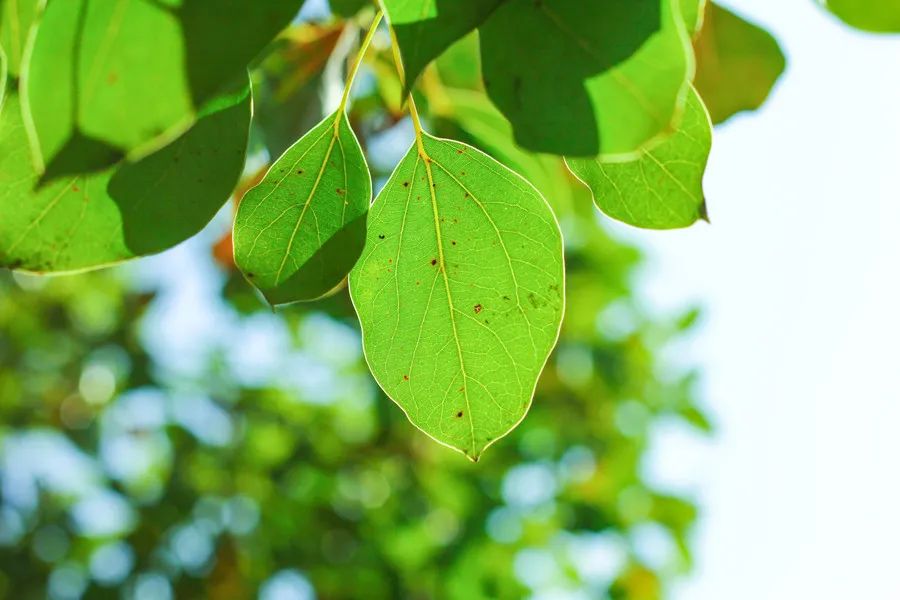
TCM believes that saliva can “moisten the five organs, beautify the skin, strengthen teeth, strengthen bones, promote Qi and blood circulation, and prolong life.”
During the Spring and Autumn period, Laozi believed that while elixirs are good, they are not as important as one’s own fluids. Ancient health practitioners like Tao Hongjing also stated: “Those who consume the jade spring can prolong life and eliminate a hundred diseases.“
Saliva is transformed from the spleen and kidneys; the kidneys are the source of innate essence, while the spleen is the source of acquired essence. The spleen and stomach gather the essences of the five organs and the essence of Qi and blood, thus saliva contains many beneficial substances for health and longevity, playing a special role in health preservation.
Ancient physicians believed that those with abundant saliva must have a strong constitution, and they assessed disease conditions based on the abundance or deficiency of saliva.
Recommendations for Care
1. Stay hydrated: When the mouth is dry and lacks fluids, drink water promptly.
2. Eat sour foods in moderation: Foods like hawthorn and plums that easily generate fluids can be consumed, but those with spleen and stomach diseases should limit their intake.
3. Regularly swallow saliva: Each morning, use the tip of the tongue to lick the upper palate, allowing saliva to gather in the mouth, and swallow it in several portions.
4. Frequently puff the cheeks: This action can help secrete a large amount of saliva and promote digestion.
 Mucus is the fluid of the lungs
Mucus is the fluid of the lungs
Mucus, or nasal mucus, is the secretion of the nasal mucosa, serving to moisten the nasal passages. Nasal mucus is transformed from lung essence and is distributed to the nasal passages through the dispersing action of lung Qi, hence the “Suwen – Chapter on the Five Qi” states: “The five organs transform into fluids… the lungs produce mucus.”
Under normal circumstances, nasal mucus is colorless and transparent, providing moisture to the nasal passages, keeping them clear, and ensuring normal respiratory and olfactory functions.
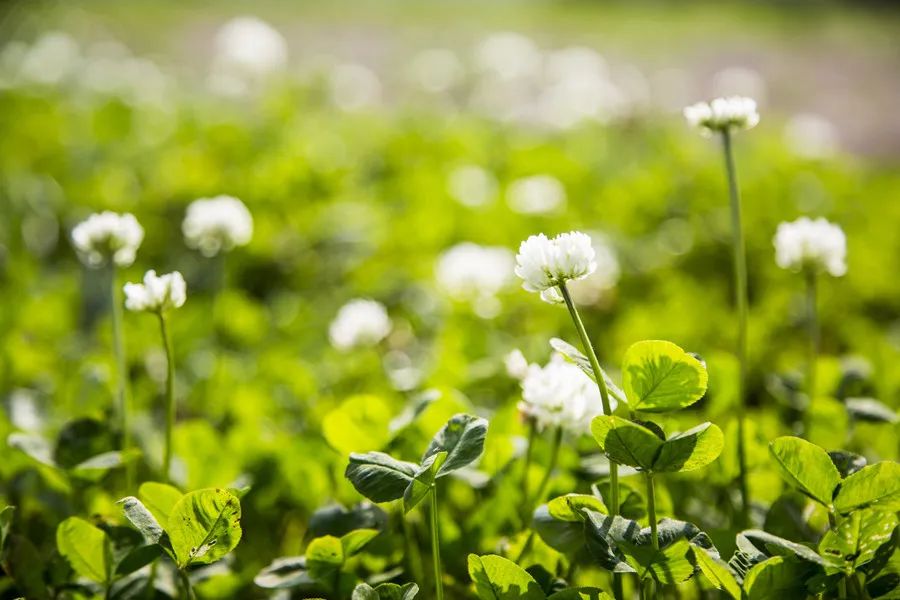
The Lungs and Mucus
The condition of lung essence and lung Qi can also be reflected in the changes of mucus. If lung essence and lung Qi are sufficient, nasal mucus will moisten the nasal passages without flowing out. If cold pathogens invade the lungs, lung Qi fails to disperse, and lung fluids are congealed by cold pathogens, clear nasal discharge may occur; if there is excess lung heat, symptoms such as wheezing, coughing, and yellow nasal discharge may appear; if dryness invades the lungs, nasal dryness and pain may occur.
In terms of colds, observing the color of nasal mucus can help preliminarily determine whether it is due to wind-cold or wind-heat, allowing for appropriate treatment to alleviate cold symptoms.
When external cold pathogens harm the lungs, it can easily lead to wind-cold colds, resulting in the discharge of cool, clear nasal mucus; if it is a wind-heat cold, it will result in the discharge of warm, yellow nasal mucus.
Recommendations for Care
1. For wind-cold colds: In the early stages, take 150 grams of tofu and 6 grams of fermented soybeans, add 400 milliliters of water, and boil until reduced to 200 milliliters, then add 3 segments of green onion and boil again to drink. This dietary therapy has the effect of dispersing cold and relieving symptoms.
2. For wind-heat colds: In the early stages, use 3 grams each of mulberry leaves, chrysanthemum, mint, and淡竹叶 (Dan Zhu Ye – Lophatherum gracile), add an appropriate amount of honey, and boil to drink as tea for three days. This formula has the effect of dispersing wind-heat.
【Source: China Traditional Chinese Medicine News, Health Times, “Fundamentals of Traditional Chinese Medicine” and others】

